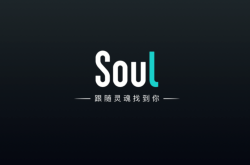The tycoon who built India's largest business empire has passed away
![]() 10/17 2024
10/17 2024
![]() 490
490
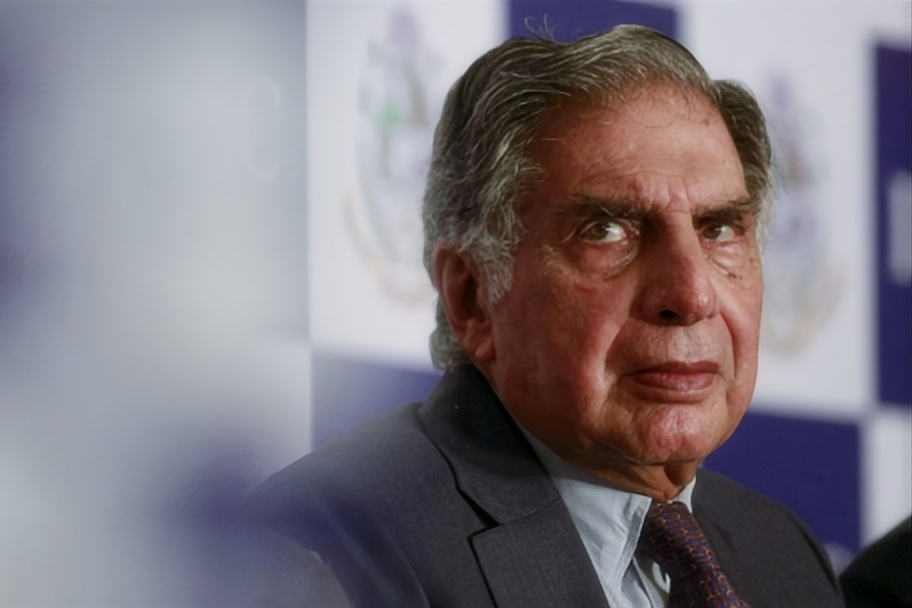
Naturally rebellious, taking the unconventional path.
On October 9, local time, India's largest corporate empire lost its spiritual leader: Ratan Tata, former Chairman and Honorary Chairman of the Tata Group, passed away.
Indian Prime Minister Modi described him as a visionary business leader, a compassionate person, and an extraordinary individual.
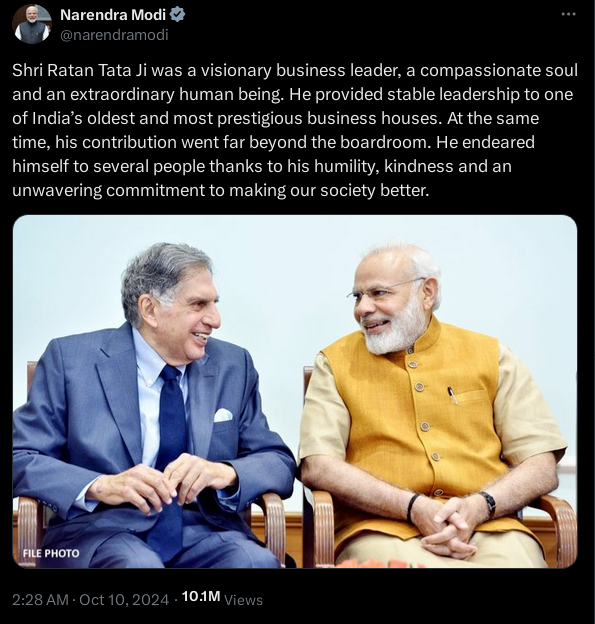
Maharashtra, India's largest state by GDP, specifically held a day of mourning and a funeral in his honor, commemorating his contributions and influence on the country and society.
Gautam Adani, the current richest person in India, called him "a giant, a visionary who redefined the path of modern India."
【Rising Amidst Humility】
The Tata Group may be unfamiliar to many, but it is a household name in India.
Founded in 1868, the company has a history of 156 years and is India's largest conglomerate, known as "India's first financial group." It is also the owner of two luxury car brands, "Land Rover" and "Jaguar."
The Tata Group has a vast industrial presence globally, with over 100 subsidiaries spanning communications and information technology, engineering, materials, services, energy, consumer products, and chemical products. As of March 31, 2024, the group's turnover exceeded $168 billion, with a market value of $365 billion.
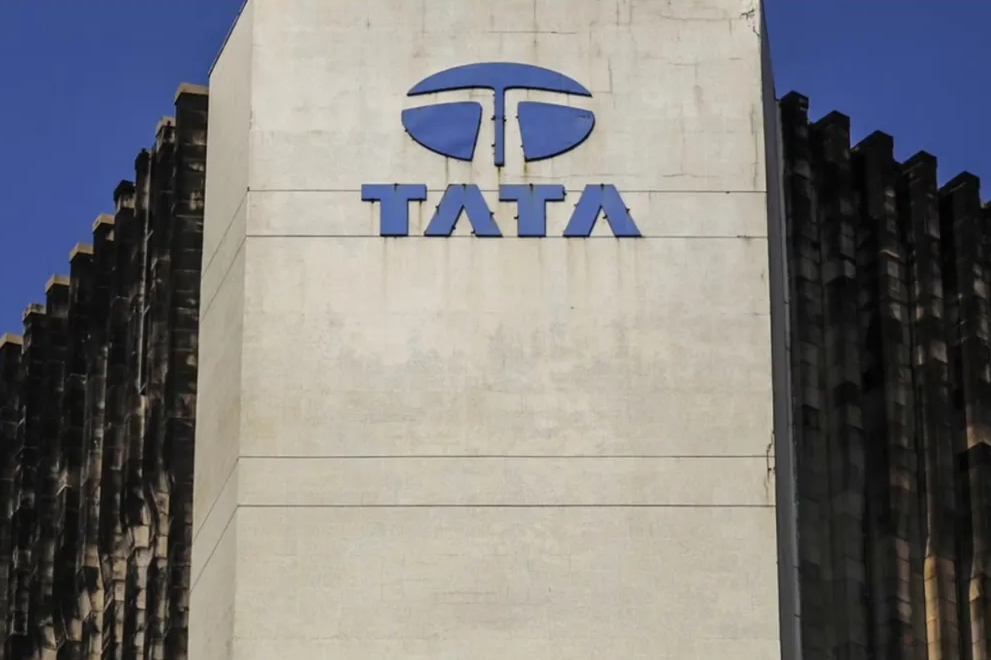
In India, "Tata" can be found everywhere.
A typical day for a middle-class Indian might involve starting with a cup of Tata tea, commuting to work in a car or taxi manufactured by Tata, passing over a steel bridge built by Tata, working at a Tata-owned company, communicating with clients on a Tata Teleservices phone, shopping for groceries at a Tata supermarket after work, and then returning home to rest.
As the fourth-generation patriarch of the group, Ratan Tata is an indispensable figure in Indian business history, and it was under his leadership that the Tata Group achieved legendary success.
Born in 1937 in Mumbai, India, into a traditional Parsi family, Ratan's father was the adopted son of the Tata Group founder's second son, giving him a relatively humble family status.
Ratan's parents separated when he was young, and his father remarried, subjecting him to ridicule and bullying from the outside world. Later, Ratan was raised by his grandmother, from whom he learned many life lessons.
During his university years, Ratan rejected the path paved for him by his family and chose to study architecture at Cornell University in the United States, completing an advanced management program at Harvard Business School. Afterward, he worked and fell in love in Los Angeles, even planning to settle there. He once admitted, "If it weren't for my surname, I would have become an architect." However, due to his grandmother's illness, he returned to India after years of absence.
In 1962, Ratan joined the Tata Group at the behest of his family.
Indian media outlets such as Business Standard reported that Ratan was not initially favored by his family due to his rebellious nature and introverted personality.
Although he joined the family business, he did not immediately assume significant responsibilities but instead began his career at the grassroots level.
Over the next two decades, Ratan worked diligently, gaining extensive experience at various subsidiaries and gradually establishing himself within the group. He was then entrusted with the management of Nelco, a struggling subsidiary.
At the time, Nelco was on the brink of severe losses, with few believing in its future. The elders in the family entrusted the company to Ratan almost as if it were a "throwaway" assignment.
However, Ratan did not lose heart. Instead, he devoted himself fully, personally participating in every decision and implementing sweeping reforms, including restructuring management and introducing new technologies and market strategies. Under his leadership, Nelco miraculously turned around its fortunes and expanded its market share.
Nelco's success earned Ratan respect within the family and recognition throughout the company, paving the way for his future rise.
In 1991, at the age of 54, Ratan succeeded his uncle, JRD Tata, as the new Chairman of the group. During his 21-year tenure, the Tata Group underwent unprecedented change and growth.
【Resonating with the Times】
1991 was a pivotal year for India.
Facing long-standing economic difficulties and debt pressure, the Indian government embarked on unprecedented economic liberalization reforms, aiming to end years of protectionist economic policies.
Prime Minister Rao decisively introduced policies to open up markets, ease restrictions on foreign investment, reduce tariffs and industry protection, and stimulate economic growth, ushering India toward globalization.
This presented a significant opportunity for Ratan, who had just taken over as Chairman of the Tata Group. He keenly recognized that the group could no longer rely solely on the domestic market and family-run management but must significantly innovate its management mechanisms and teams to compete internationally.
At the time, the Tata Group was already substantial, but management flaws were becoming apparent. Most of its subsidiaries were controlled by a group of elderly executives in their 70s and 80s who held significant power but were conservative and resistant to change. They refused to follow the Chairman's directives and even threatened to "go it alone."
Ratan was determined to undertake a sweeping reform within the entire group.
He acquired controlling stakes in all major companies through the group's holding company, set retirement ages for the older generation of executives, and promoted young and talented individuals to take on leadership roles. Simultaneously, he established a corporate system where subsidiaries reported directly to the group office, strengthening oversight over them.
Next, Ratan focused on streamlining operations, exiting competitive industries like cement and textiles and consolidating the group's 11 business areas into seven core sectors. This allowed the group to focus resources on core businesses, enhancing management efficiency and decision-making speed.
For Tata Steel, which had incurred millions of dollars in losses before Ratan took over, he implemented drastic reforms, reducing staff from 78,000 to 45,000 while investing $2.5 billion in advanced equipment and upgrading production lines. Within three years, Tata Steel quadrupled its production and achieved a post-tax profit of $380 million, becoming the group's most profitable subsidiary.
Building on this success, Ratan worked to unify the group, adopting a common logo and brand and developing a more modern operating framework that brought the group's management standards in line with international norms, laying a solid foundation for global expansion.
In 2000, the Tata Group took its first step toward globalization by successfully acquiring Tetley Group, the world's second-largest tea company, for $389 million.
In 2007, the group acquired Corus, Europe's second-largest steel company, for $11.3 billion, setting a record for India's largest overseas acquisition at the time and catapulting Tata Steel into the ranks of the world's top six steel companies.
In 2008, the group acquired the British luxury car brands Jaguar and Land Rover from Ford for $2.3 billion. Amid widespread skepticism about an Indian company's ability to manage such complex luxury brands, especially during the global financial crisis, the deal seemed risky and ill-timed.
Amid the skepticism, Ratan led the rebranding of Jaguar and Land Rover, redesigning product lines, optimizing management teams, and reshaping brand images. He successfully turned the brands around from losses and generated significant revenue for the group. In 2013 alone, post-tax profits reached $1.84 billion.
Since 2000, the Tata Group has invested nearly $18 billion in overseas acquisitions, primarily in Europe and the United States. Of these, 71% were in the United Kingdom, and 21% were in the United States. Following these business expansions, the group successfully transformed from an inward-looking family business into a global multinational corporation.
Today, whether in steel, tea, automobiles, or communications, the Tata Group dominates the Indian market. By 2015, the group's output accounted for 2% of India's GDP, making it a significant force driving the country's economy.
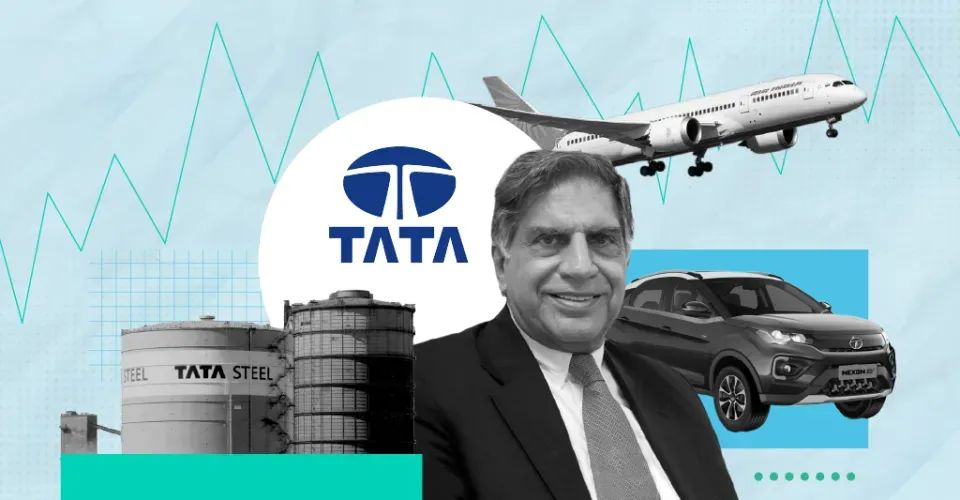
Under Ratan's leadership from 1991 to 2012, the group's core businesses underwent a remarkable transformation from traditional to diversified operations, with operating income soaring from $6 billion to $100 billion, and group market value growing 17-fold.
Today, the Tata Group's business empire spans over 100 countries and regions worldwide, with 60% of its revenue coming from international markets.
Ratan's globalization strategy and leadership not only transformed the Tata Group but also profoundly impacted India's economic modernization. Under his guidance, more Indian entrepreneurs ventured into international markets, bringing India to the world stage.
As Chandrasekaran, the current Chairman of the Tata Group, stated in a press release, Ratan was "a truly exceptional leader whose immense contributions have shaped not only the Tata Group but also the very fabric of India."
Li Ka-shing has repeatedly emphasized that "knowledge changes fate." CK Hutchison's rapid globalization and continued leveraging of capital to drive industrial growth are largely attributed to his unwavering commitment to learning English as an apprentice and consistently reading financial reports of American listed companies.
A crucial foundation for Ratan's leadership in transforming the Tata Group into a global conglomerate lies in his educational background. From Cornell University to Harvard Business School, he not only acquired knowledge but also broadened his horizons. Most importantly, he effectively applied everything he learned.
【Legacy for the World】
Jamshetji Tata, the founder of the Tata Group, established two guiding principles for his descendants: loyalty to the nation at the top and loyalty to employees and shareholders at the bottom.
This spiritual heritage has been passed down through generations of Tata Group leaders.
Ratan has consistently expressed his views on wealth, insisting that businesses should not only pursue profits but also contribute to social prosperity and well-being.
The Nano car project launched by the Tata Group embodies this philosophy.
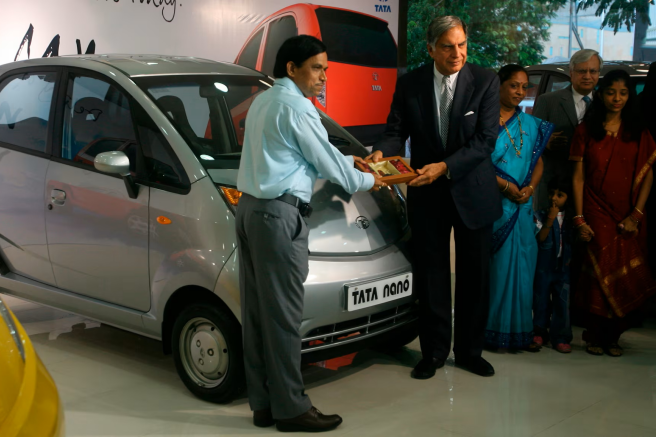
When Ratan witnessed many Indian families crowded onto motorcycles, he conceived the idea that "every Indian family should be able to afford a safe car." To this end, he personally participated in the design and production, leading the group to launch the world's cheapest car, the Nano, priced at just 100,000 Indian rupees (approximately $8,400 USD).
Although the Nano was eventually discontinued due to safety concerns and marketing missteps, it provided affordable transportation options for low-income Indian families, reflecting Ratan's commitment to improving the lives of the less fortunate.
Through the Tata Group's diversified business operations and global expansion, Ratan has created tens of thousands of job opportunities. For example, Tata Consultancy Services (TCS) has provided thousands of young Indians with access to the global IT market, creating high-paying jobs and advancing the career paths of India's middle class.
During his over two decades of leadership at the Tata Group, Ratan emerged as one of India's most internationally renowned business leaders, hailed by Indian media as a rare "conscientious entrepreneur."
Beyond his role as a business leader, Ratan was also a deeply respected philanthropist.
Through the Tata Trusts, he vigorously supported India's medical, educational, and technological development, assisting countless individuals in need. Whether funding education projects, establishing social science research institutes, or promoting community development, Ratan was always hands-on in fulfilling his social responsibilities.
In recognition of his outstanding contributions to India, the Indian government awarded Ratan the Padma Vibhushan, the country's second-highest civilian honor, in 2008.
During the COVID-19 pandemic, Ratan personally donated 5 billion Indian rupees (approximately $420 million USD) to the fight against the virus. He said, "In a country like ours, business leaders must lead by example, not just talk about their wealth and status."
After stepping down as Chairman of the Tata Group in 2012, Ratan became an angel investor, dedicating more energy to investing in India's mobile internet and technological innovation, further advancing the modernization of both the Tata Group and Indian society.
In 2016 alone, he invested in 17 tech start-ups. He said, "I enjoy investing in young entrepreneurs and giving them the freedom to choose. Greed for wealth has never been my motivation."
In 2015, he also made a strategic investment in Chinese smartphone manufacturer Xiaomi.
Media personnel who interviewed Ratan described him as "simple, approachable, kind, inspiring, humble, peaceful, and curious."
【Reference Materials】
[1] Tata Group Official Website
[2] "Prominent Indian Entrepreneur Passes Away, Modi Expresses Condolences" - Global Times
[3] "Death of Indian Capital Tycoon Ratan Tata" - The Paper
——END——
Welcome to follow [Hsinchuang Strategy] for insights into influential figures and legendary tales.
All rights reserved. Unauthorized reprinting is prohibited.
Some images are sourced from the internet.
In case of infringement, please contact us for removal.

